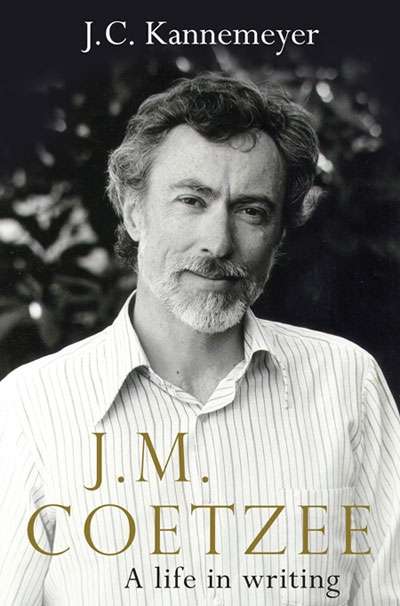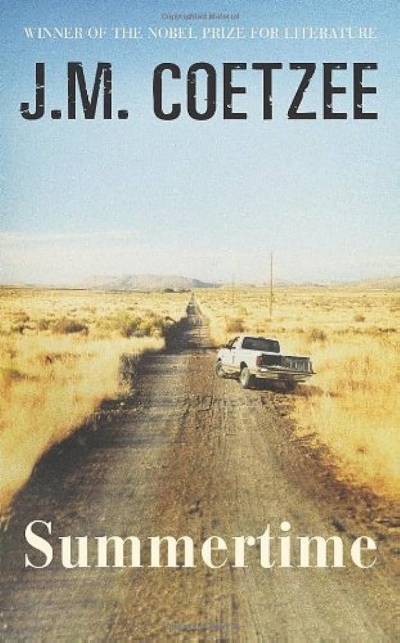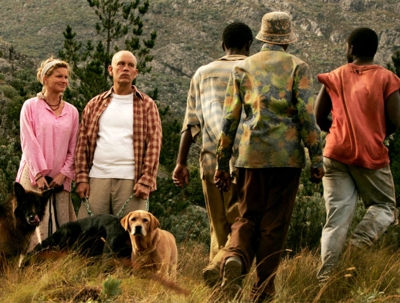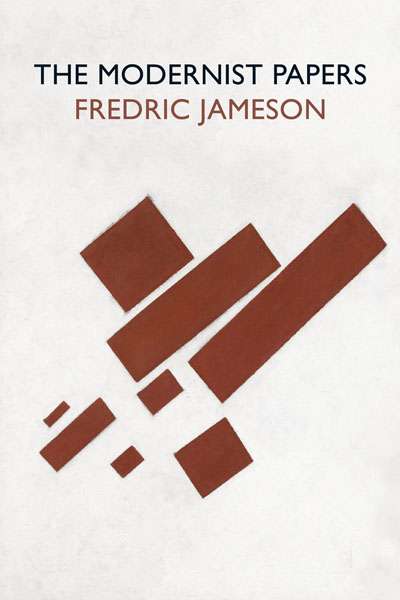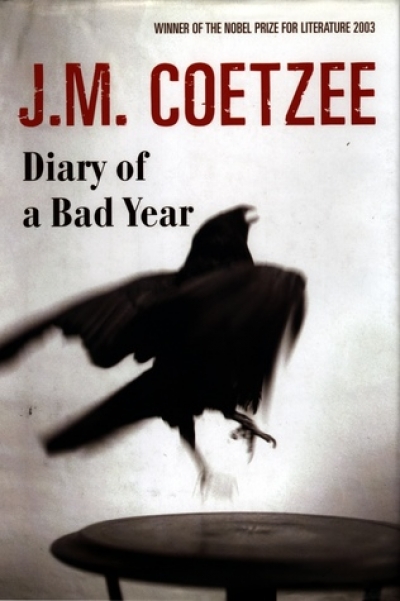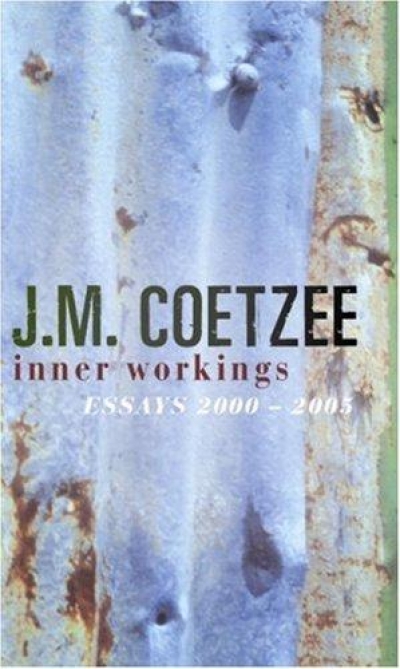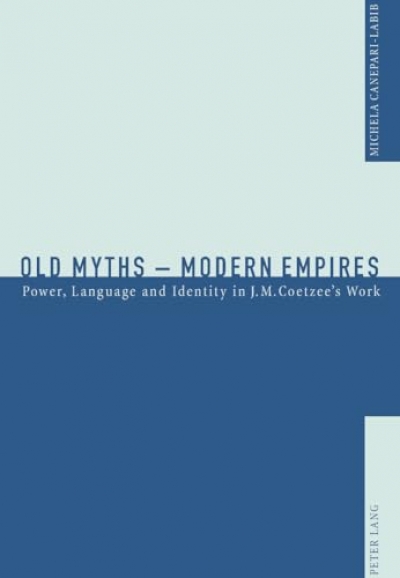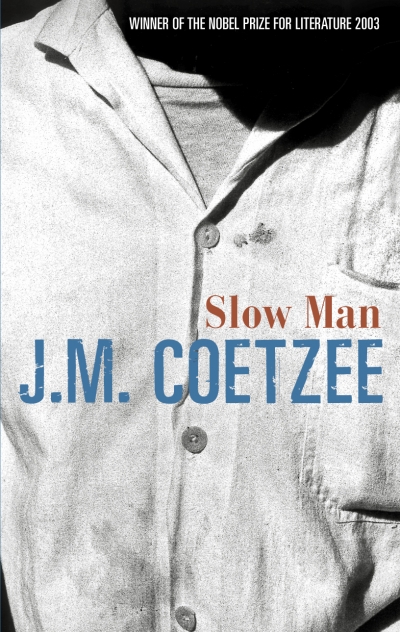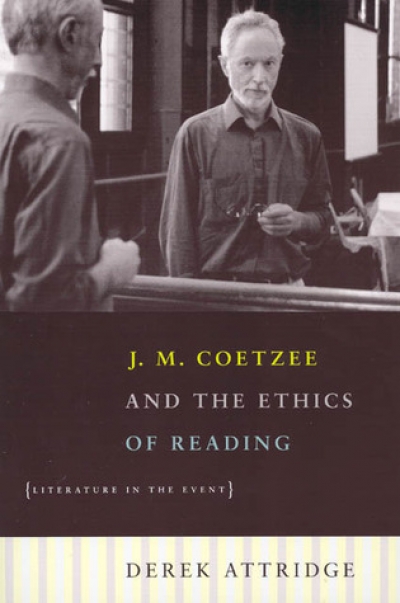JM Coetzee
J.M. Coetzee: A Life in Writing by J.C. Kannemeyer, translated by Michiel Heyns
Summertime by J.M. Coetzee & The Cambridge Introduction to J.M. Coetzee by Dominic Head
‘It wasn’t like that in the book’ is one of the commonest and most irritating responses to film versions of famous novels. Adaptation of literature to film seems to be a topic of enduring interest at every level, from foyer gossip to the most learned exegesis. Sometimes, it must be said, the former is the more entertaining, but this is no place for such frivolity.
... (read more)Old Myths: Modern empires: power, language and identity in J.M. Coetzee’s work by Michela Canepari-Labib
In the 1980s, when it seemed that the situation in South Africa would never improve, debate raged about the responsibility of South African novelists to act as witnesses to, and opponents of, apartheid. Some believed that white writers, especially, should use their privileged position in the fight. Nadine Gordimer was prominent among those who felt it was essential to be, in J.M. Coetzee’s words, a ‘stripper-away of convenient illusions and unmasker of colonial bad faith’1 in the realist convention, rather than a spinner of postmodern metafictions.
... (read more)
